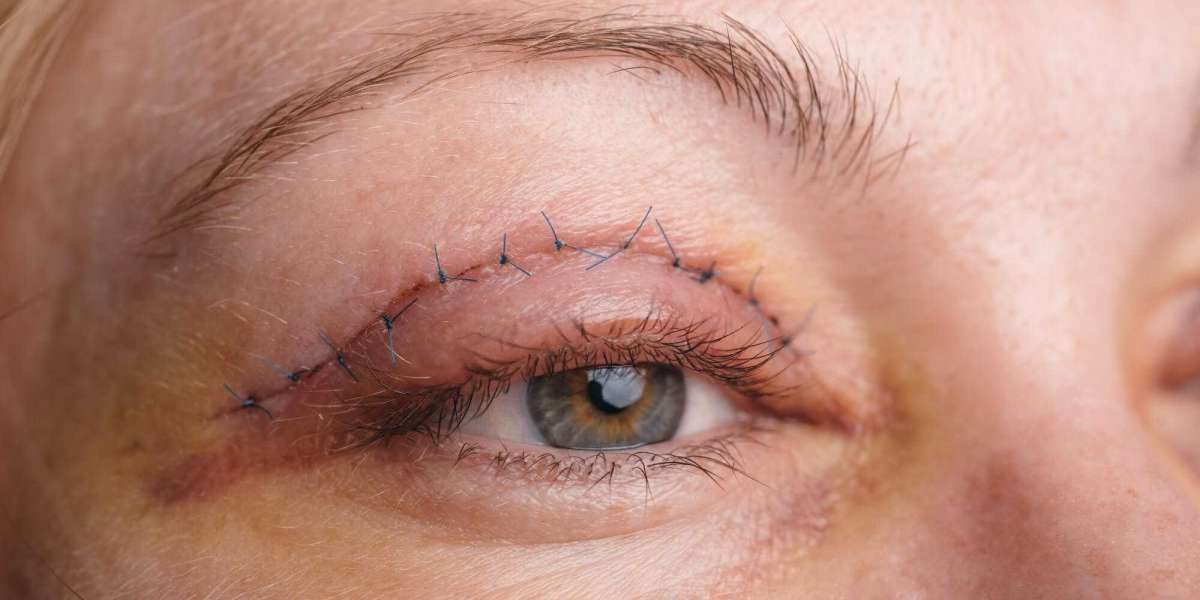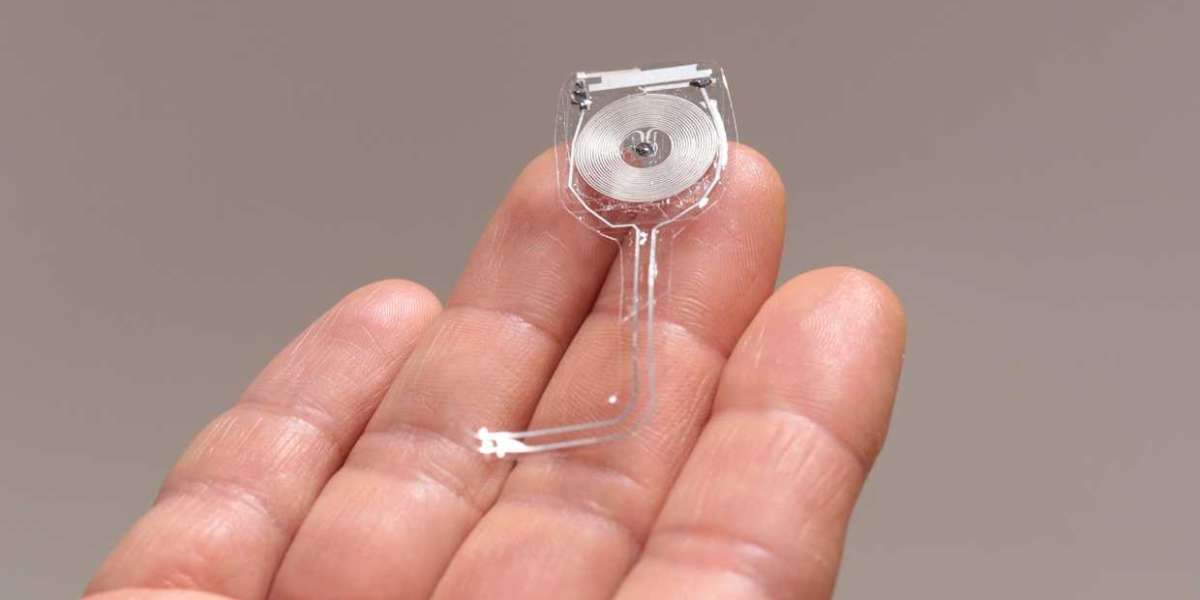Eyelid surgery, also known as blepharoplasty, is a popular cosmetic procedure used to improve the appearance of the eyes by reducing wrinkles, sagging skin, and bags under the eyes. It's an effective treatment that can give you a more youthful look. However, there are potential risks and side effects associated with the surgery that many people don't know about. In this blog post, we will discuss the side effects of eyelid surgery and what you should be aware of before considering this procedure.
Dry eyes
One of the most common side effects of eyelid surgery is dry eyes. When you undergo eyelid surgery in Dubai, the surgeon must lift the eyelids and remove excess fat, skin, and muscle to make your eyes look bigger and more open. This procedure can interfere with the natural production of tears in your eyes, causing dry eyes. The dry eyes can be uncomfortable and can cause a burning sensation. You may also experience blurry vision and light sensitivity. It's important to keep your eyes lubricated using artificial tears throughout the healing process. In some cases, medications or eye drops may also be recommended to help reduce the symptoms of dry eyes.
Difficulty closing your eyes
One of the common side effects of eyelid surgery, also known as blepharoplasty, is difficulty closing your eyes. It can be an issue for some people who have undergone eyelid surgery in Dubai or elsewhere. While this complication is usually temporary, it can sometimes persist for up to a year.
The primary cause of this problem is swelling and inflammation at the incision site. When the eye area becomes swollen, the eyelids may not be able to close properly. Additionally, scar tissue formed by the healing process may cause the eyelids to stick together, making it difficult to open and close them.
People with difficulty closing their eyes after eyelid surgery should avoid using makeup and contact lenses, which can cause further irritation and discomfort. Instead, they should apply cold compresses and use artificial tears to lubricate the eyes and reduce swelling. If the problem persists, it is important to consult your surgeon to find out the best treatment option.
Sensitivity to light
One of the potential side effects of eyelid surgery is increased sensitivity to light. It is a common side effect and usually resolves within a few weeks of the surgery. The increased sensitivity can be due to several factors. During the procedure, some delicate tissue around the eyes may be disturbed, leading to increased sensitivity. In addition, swelling, bruising, and scarring can also contribute to this problem.
Eyelid Surgery in Dubai is done under local or general anaesthesia. Although the eye area is numbed during the procedure, the patient may still experience discomfort and irritation afterwards. Patients should use sunglasses outdoors and avoid exposure to bright lights until sensitivity decreases. They should also speak with their surgeon about any concerns regarding how long it will take for their sensitivity to light to decrease.
Swelling and bruising
In eyelid surgery, swelling and bruising are inevitable side effects that can result from the procedure. After the surgery, your eyelids will be swollen and bruised for several days to weeks. Your eyes may even appear closed for a short period due to the swelling. During this time, you may need to apply cold compresses on the area or take medications like anti-inflammatories or steroids to reduce the swelling. Make sure to keep your head elevated during this period to minimize the amount of swelling and bruising that occur. It would also help to avoid strenuous activities, such as exercise, that can increase blood flow and further aggravate the swelling. Your doctor may also recommend using special ointments and creams that can help reduce swelling and bruising.
Infection
When undergoing any surgery, there is always the risk of infection. Eyelid surgery is no exception. Although it's relatively rare, there is still a chance of infection at the surgery site. If an infection does occur, it may manifest itself in the form of redness, swelling, pain, and a thick discharge from the eyes.
Infections can usually be treated with antibiotics and warm compresses to reduce inflammation. Following your doctor's instructions carefully when dealing with an infection is important, as it can have serious consequences if left untreated. To reduce the risk of infection, your doctor may prescribe antibiotics before and after the procedure. Keeping your hands and face clean and avoiding touching or rubbing your eyes after the surgery are also important.







